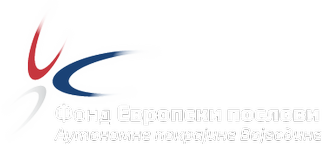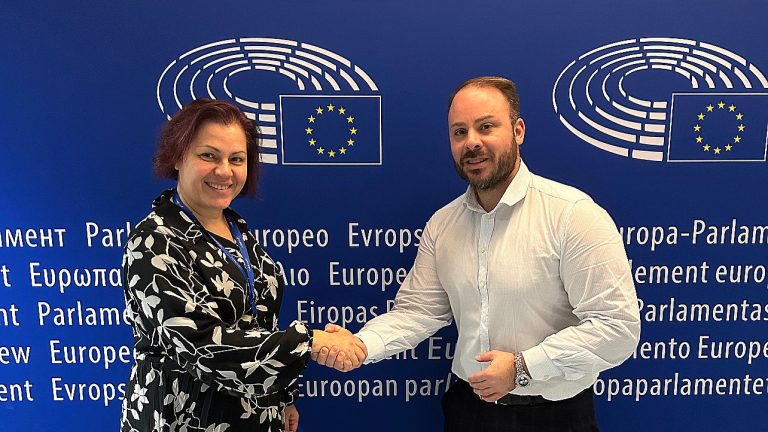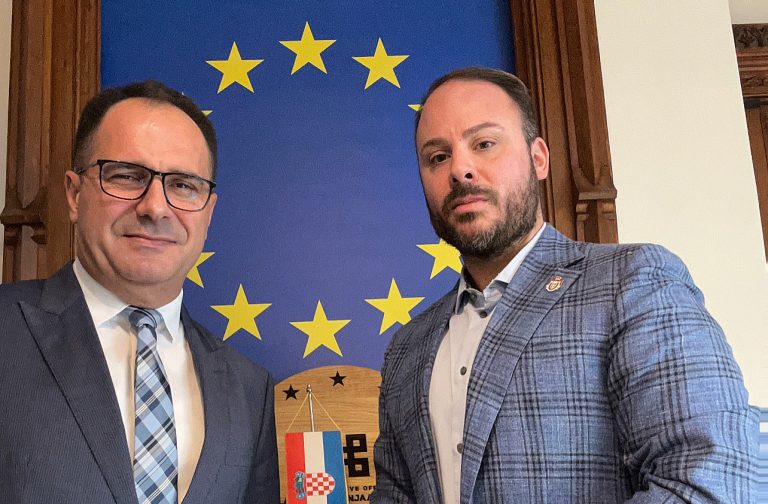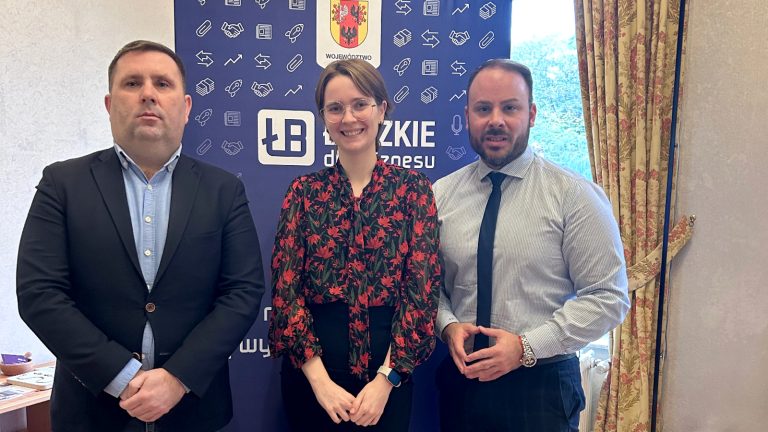Model RHOMOLO to enhance the innovation policies and economy of Vojvodina
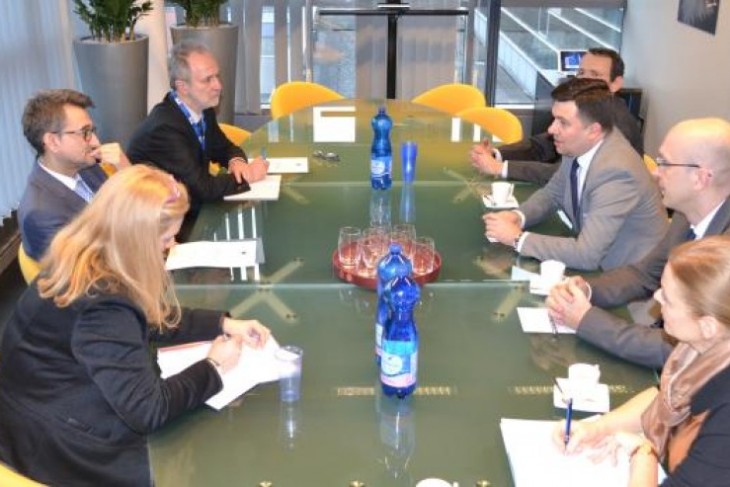
In cooperation of the Vojvodina European Office in Brussels, a meeting among Vladimir Šucha, Director-General of the JRC, representatives of the Provincial Secretariat for Interregional Cooperation and Local Government, Dr Ulla Engelmann, Head of Unit. Interinstitutional and Stakeholders Relations, and Miroslav Vesković, Coordinator of scientific support to macro-regional strategies, Joint Research Centre, European Commission, was held at the EC DG Joint Research Centre (JRC) on 10th March 2016.
Branislav Bugarski, Provincial Secretary, informed the participants about the innovative projects implemented in Province, such as ANTARES project and the work of BioSense Centre using IT solutions to develop further the agriculture in the Province, and a number of projects having been funded under FP7 and Horizon 2020.
Bugarski announced the plan to implement a training programme with the European Training Foundation from Torino, to increase the know-how in Vojvodina to a higher level, i.e. the level required by leading employers. Secretary Bugarski presented to his interlocutors all the models of transnational and cross-border cooperation used in Vojvodina, which gave concrete results.
Vladimir Šucha offered the opportunity to use the RHOMOLO mechanism, a model for the evaluation of economic aspects and regional economic development, research, human resources and innovation, which could be implemented in Vojvodina by means of the funds the JRC applied for the candidate countries.
RHOMOLO clearly indicated the way how to gain economic benefits within short-term or long-term investment, priority areas for the development of factors on GDP growth.
During the meeting, Vojvodina got an opportunity to use the specific knowledge of the JRC, as well as an opportunity for the applicants from Vojvodina to participate in specialized workshops, conferences and advanced courses. The main objective of the workshops would be assistance to competent organizations to facilitate the implementation of EU policies applying scientific and technical methods, familiarise themselves with the methods available at the moment and discuss their further implementation.
The topics of the training could involve agriculture and food safety, economic and monetary union, energy and transport, environment and climate changes, health and consumer protection, information society, innovation and growth, nuclear safety and security, safety and security and standards.
During the discussion, Director-General Šucha pointed out, in particular, the enhancement of the Common Agricultural Policy and the opportunity to use new innovative elements within the Strategy in order to develop European rural regions.
“Vojvodina can use the experience of Lombardy, where a pilot project in the domain of continuous farm monitoring is being implemented. These innovative solutions have led to the application of new innovative solutions across Europe and Vojvodina can encourage its development on the basis of these experiences. This project has a holistic structure, it’s visionary, regionally oriented and in next five to ten years’ time, it will be a reality in a lot of European regions”, said Šucha.
The discussion touched upon the EU Strategy for the Danube Region (EUSRD), which is expected to yield specific results and which is a long-term platform for the development of the regions along the Danube, and the priorities of the forthcoming Annual Forum of the EUSDR will be water and water resources.
